Home>Garden Essentials>How Long Until Grass Seeds Sprout
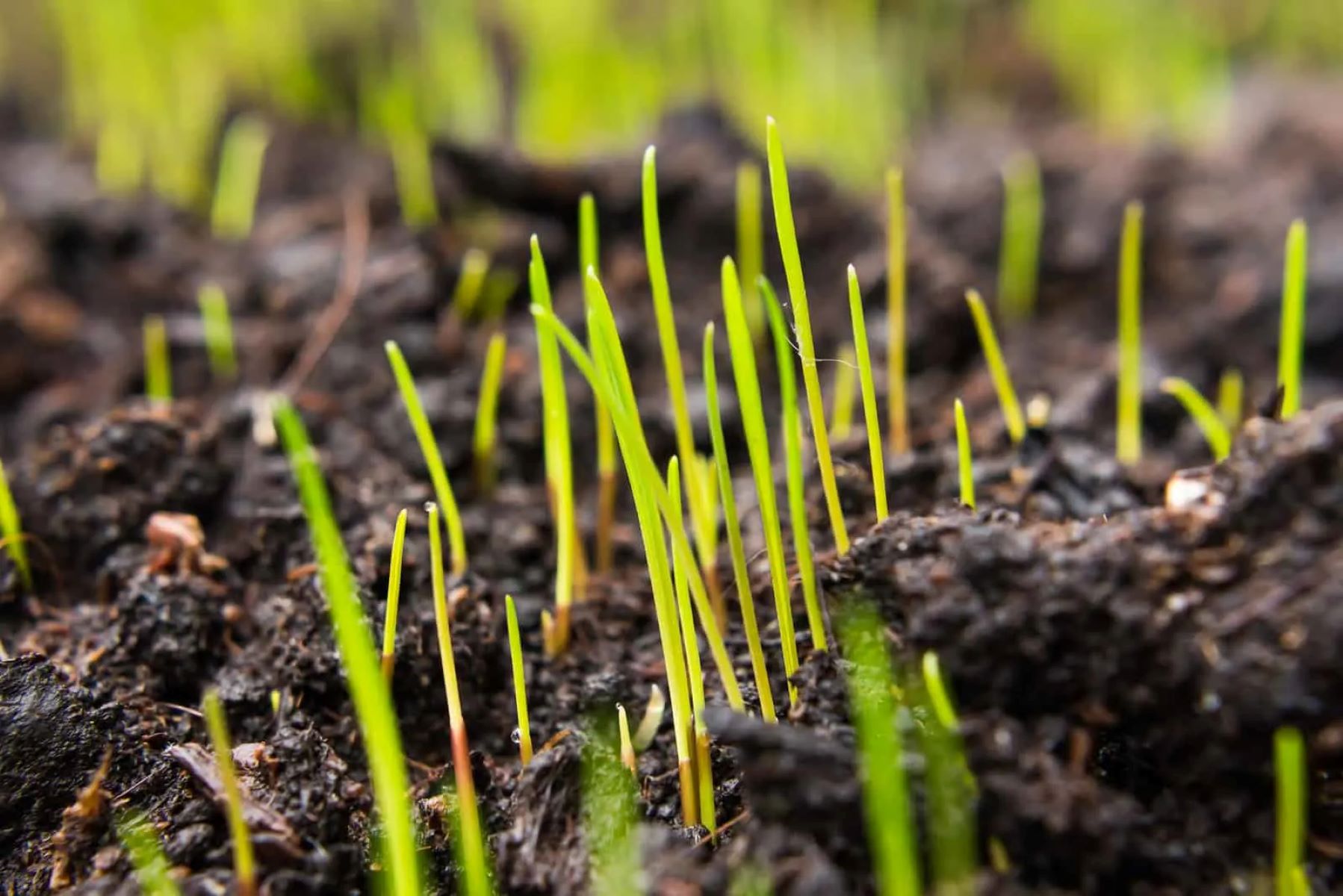

Garden Essentials
How Long Until Grass Seeds Sprout
Modified: May 6, 2024
Wondering how long it takes for grass seeds to sprout in your garden? Discover the expected timeline and get your garden thriving in no time!
(Many of the links in this article redirect to a specific reviewed product. Your purchase of these products through affiliate links helps to generate commission for Storables.com, at no extra cost. Learn more)
Introduction
Growing a lush and vibrant garden starts with the proper germination of grass seeds. Whether you’re establishing a new lawn or repairing patchy areas, understanding the germination process and the factors that can affect it is crucial. In this article, we will explore the timeline for grass seed germination, the factors that can impact it, and strategies to speed up the process.
Germination refers to the process by which a seed sprouts and begins to grow into a new plant. For grass seeds, this involves the activation of enzymes and the absorption of water, leading to the emergence of a tiny root (radicle) and the development of the shoot system. The time it takes for grass seeds to sprout can vary depending on multiple factors, including the type of grass, environmental conditions, and proper care.
Understanding the germination timeline can help manage expectations and ensure that you provide the ideal conditions for successful seedling growth. Additionally, having a clear understanding of the germination process can help troubleshoot any potential issues that may arise during the establishment of your lawn.
In the following sections, we will delve into the factors that can influence grass seed germination, the average germination time for common grass seed types, ideal conditions for germination, strategies to speed up the process, and potential problems that may hinder germination.
Key Takeaways:
- Grass seeds can take 5-21 days to sprout, depending on the type. Factors like soil temperature, moisture, and seed quality affect the germination process.
- To speed up grass seed germination, pre-soak seeds, use starter fertilizer, and maintain ideal conditions. Address potential issues like inadequate watering and soil compaction for successful growth.
Read more: How Long Until Pepper Seeds Sprout
Factors Affecting Grass Seed Germination
Several factors can significantly impact the germination of grass seeds. Here are some key factors to consider:
- Soil Temperature: The temperature of the soil plays a crucial role in seed germination. Different grass species have specific temperature requirements for optimal germination. As a general rule, cool-season grasses such as Kentucky bluegrass and fescue prefer soil temperatures between 60°F and 75°F (15°C – 24°C), while warm-season grasses like Bermuda grass and Zoysia grass thrive in temperatures between 80°F and 95°F (27°C – 35°C).
- Soil Moisture: Moisture is essential for seed germination. Before sowing grass seeds, it’s important to ensure that the soil is adequately moist but not overly saturated. Too much water can drown the seeds and hinder germination, while dry soil can prevent seeds from absorbing the necessary moisture for sprouting.
- Seed Depth: The depth at which you sow the grass seeds can impact germination. As a general rule, smaller seeds require shallower depths, while larger seeds can be planted deeper. It’s crucial to follow the specific instructions provided by the seed manufacturer to ensure proper seed depth.
- Seed Quality: The quality of the grass seed itself can affect germination rates. It’s essential to choose high-quality, fresh seeds from reputable suppliers to maximize germination success. Old or poor-quality seeds may have reduced viability, resulting in lower germination rates.
- Presence of Weeds: Weeds can compete with grass seeds for nutrients, water, and sunlight. It’s important to eliminate or control weeds before sowing grass seeds to provide the best conditions for germination and seedling establishment.
- Presence of Disease and Pests: Certain diseases and pests can hinder seed germination and damage young seedlings. Conducting proper soil and seed treatment, as well as monitoring for any signs of disease or pest infestation, can help ensure successful germination and avoid potential issues.
By understanding and addressing these factors, you can create a favorable environment for grass seed germination. Next, let’s explore the average germination time for different types of grass seeds, as this can vary significantly.
Average Germination Time for Common Grass Seed Types
The germination time for grass seeds varies depending on the type of grass you are planting. Different grass varieties have different genetic characteristics and environmental preferences, which affect their germination rates. Here are the average germination times for some common grass seed types:
- Kentucky Bluegrass: Kentucky bluegrass is a popular cool-season grass known for its fine texture and endurance. On average, Kentucky bluegrass seeds take about 14 to 21 days to germinate. However, factors such as soil temperature and moisture can influence this timeline.
- Fescue: Fescue is another cool-season grass that is known for its tolerance to shade and drought. Fescue seeds typically take around 7 to 14 days to germinate under optimal conditions. However, keep in mind that germination rates may vary depending on the specific fescue variety.
- Ryegrass: Ryegrass is a fast-growing cool-season grass often used for overseeding or temporary lawns. The germination time for ryegrass seeds is relatively short, typically ranging from 5 to 10 days.
- Bermuda Grass: Bermuda grass is a popular warm-season grass that thrives in hot climates. The germination time for Bermuda grass seeds is relatively quick, usually taking about 10 to 14 days.
- Zoysia Grass: Zoysia grass is a warm-season grass known for its low maintenance requirements and durability. The germination time for Zoysia grass seeds is longer compared to other grass types, usually taking anywhere from 14 to 21 days.
- Centipede Grass: Centipede grass is a warm-season grass commonly found in the southern United States. It has slower germination compared to other species, with an average germination time of 14 to 21 days.
Please note that these are general estimates and the actual germination time may vary based on environmental conditions, seed quality, and specific cultivars. It’s important to refer to the seed manufacturer’s instructions for accurate germination timelines for the specific grass seed you are planting.
Now that we know the average germination times for common grass seed types, let’s explore the ideal conditions for grass seed germination to ensure successful growth.
Ideal Conditions for Grass Seed Germination
Creating the ideal conditions for grass seed germination is crucial to ensure successful growth and establishment of your lawn. Here are the key factors to consider:
- Soil Preparation: Start by preparing the soil before sowing grass seeds. Remove any debris or large rocks, and loosen the soil to a depth of about 4 to 6 inches. This will provide a loose and well-drained environment for the seeds to sprout.
- Soil pH: Grass seeds thrive in soils with a slightly acidic to neutral pH level. Most grass species prefer a pH range of 6.0 to 7.5. Conduct a soil test to determine the pH level and amend the soil if needed with lime for acidic soil or sulfur for alkaline soil.
- Proper Seeding: Follow the recommended seeding rate provided by the seed manufacturer. Broadcasting the seeds evenly over the prepared soil using a spreader or by hand will help ensure uniform germination and growth. Rake the seeds lightly to cover them with a thin layer of soil, aiming for a depth of about ¼ to ½ inch.
- Watering: Adequate moisture is critical for seed germination. After seeding, water the area gently to moisten the soil. Continue to water lightly and frequently, keeping the soil consistently moist until the seeds sprout. Avoid overwatering, as it can lead to seed rot and fungal diseases.
- Temperature: Grass seeds have specific temperature requirements for optimal germination. Most cool-season grasses germinate well in temperatures ranging from 60°F to 75°F (15°C – 24°C), while warm-season grasses prefer temperatures between 80°F and 95°F (27°C – 35°C). Monitor the soil temperature and ensure it falls within the appropriate range for the grass type you are planting.
- Protection from Birds and Erosion: Birds can be a common nuisance, as they may consume the grass seeds. To protect your newly seeded area, consider using bird netting or scare devices. Additionally, installing erosion control measures, such as using straw or erosion control blankets, can prevent soil erosion and help retain moisture during germination.
By providing these ideal conditions, you will give your grass seeds the best chance for successful germination and growth. However, it’s important to note that germination can still be influenced by various factors, including seed quality, weather patterns, and soil conditions. Now, let’s explore some tips and strategies to speed up the grass seed germination process.
Grass seeds typically take 5-30 days to sprout, depending on the type of grass. Keep the soil consistently moist and be patient for the best results.
Tips for Speeding up Grass Seed Germination
If you’re eager to see your grass seeds sprout and your lawn flourish, there are several tips and techniques you can employ to speed up the germination process. Here are some strategies to help accelerate grass seed germination:
- Pre-soak the Seeds: Pre-soaking the grass seeds overnight can help soften the seed coat and promote faster germination. Place the seeds in a container of lukewarm water and let them soak for 12 to 24 hours before planting.
- Use a Seed Starter Fertilizer: Applying a seed starter fertilizer can provide essential nutrients to the seeds, promoting quicker germination and healthier seedlings. Look for a fertilizer specifically formulated for seed starting and follow the manufacturer’s instructions for application rates.
- Cover with Plastic Sheeting: After sowing the grass seeds, covering the area with clear plastic sheeting can create a greenhouse effect, trapping heat and moisture to accelerate germination. Remove the plastic sheeting once the seeds begin to sprout to prevent the seedlings from becoming too leggy.
- Watering with Warm Water: Using warm water for irrigation can help maintain the optimal soil temperature for germination. Watering with warm water can warm up the soil and provide a favorable environment for seed germination.
- Maintain Moisture: Consistently keeping the soil moist is crucial for fast and successful germination. Check the moisture levels regularly and water lightly as needed to prevent the soil from drying out. Avoid heavy watering, as it can dislodge or wash away the seeds.
- Provide Adequate Sunlight: Ensure that the seeded area receives sufficient sunlight after germination. Most grass seeds require at least 4-6 hours of direct sunlight each day for optimal growth. Trimming back any overhead vegetation or tree branches that may shade the area will allow the grass to receive adequate sunlight.
- Mow at the Right Height: Once your grass seed has sprouted and established, mow it to the recommended height for the specific grass type. Regular mowing will promote healthy growth and encourage the grass to fill in any bare patches more quickly.
By following these tips, you can help accelerate the grass seed germination process and expedite the establishment of your lawn. However, it’s important to exercise patience, as germination times can still vary depending on the type of grass and environmental conditions. In the next section, we will explore some common problems that may hinder grass seed germination.
Read more: How Long Until Basil Germinate
Problems That May Delay Grass Seed Germination
While proper care and ideal conditions can promote successful grass seed germination, there are various challenges that may hinder the process. It’s important to identify and address these problems to ensure optimal germination and establishment of your lawn. Here are some common issues that may delay grass seed germination:
- Inadequate Watering: Inconsistent or inadequate watering can significantly impact germination. Overwatering can lead to seed rot or fungal diseases, while underwatering can prevent seeds from absorbing the necessary moisture for germination. Monitor the moisture levels regularly and adjust watering accordingly.
- Soil Compaction: If the soil is compacted, it can prevent grass seeds from establishing a strong root system. Compacted soil hampers water and air circulation, restricting seed germination. Before seeding, ensure to loosen the soil adequately to promote root penetration and ensure proper drainage.
- Poor Seed Quality: Using low-quality or old grass seeds can result in reduced germination rates. It’s important to choose fresh, high-quality seeds from reputable suppliers to ensure the best chances of successful germination.
- Weeds and Competition: Weeds can outcompete grass seeds for nutrients, water, and sunlight, delaying germination. It’s crucial to control weeds before seeding and employ weed management strategies to minimize competition during the germination period.
- Poor Soil pH: Grass seeds prefer soil with a slightly acidic to neutral pH. If the soil pH is too high or too low, it can affect nutrient availability and hinder germination. Adjust the soil pH if necessary to create a favorable environment for seed germination.
- Poor Soil Preparation: Inadequate soil preparation, such as insufficiently loosened soil or improper seed depth, can hinder seed-soil contact and germination. Take the time to prepare the soil properly before seeding to provide an optimal environment for seedling growth.
- Extreme Temperatures: Extreme heat or cold can affect grass seed germination. If temperatures are too high, the soil can dry out quickly, hindering germination. Similarly, extremely cold temperatures can delay or inhibit germination. Monitor the temperature and provide shading or protection to mitigate any extreme conditions.
By identifying and addressing these potential problems, you can overcome obstacles that may delay grass seed germination. Remember to be patient and provide consistent care and maintenance, ensuring optimal conditions for your newly seeded lawn. In the next section, let’s wrap up our discussion on grass seed germination.
Conclusion
Understanding the germination process and factors that influence it is essential for successfully growing a vibrant and healthy lawn. By considering the factors affecting grass seed germination, such as soil temperature, moisture, seed quality, and the presence of weeds and pests, you can create ideal conditions for your grass seeds to sprout and flourish.
Different grass seed types have varying germination times, with cool-season grasses typically germinating within 7 to 21 days and warm-season grasses germinating more quickly, usually within 10 to 14 days. It’s important to be patient and allow sufficient time for the seeds to sprout, while also providing the necessary care and attention.
The ideal conditions for grass seed germination include proper soil preparation, maintaining the right soil moisture levels, providing the appropriate temperature, and protecting the area from birds and erosion. By following these guidelines and employing strategies like pre-soaking seeds and using seed starter fertilizer, you can help accelerate the germination process.
However, it’s important to address potential problems that may hinder germination, such as inadequate watering, soil compaction, poor seed quality, competition from weeds, and extreme temperatures. By identifying and remedying these issues, you can ensure the best chances of successful grass seed germination.
In summary, growing a healthy lawn starts with understanding the germination process and implementing the necessary steps to provide optimal conditions for seedling growth. By considering the factors discussed in this article, following the recommended guidelines, and exercising patience, you can achieve successful grass seed germination and establish a lush and beautiful lawn for years to come.
Now that you've got a handle on sprouting grass seeds, why not spruce up your garden's boundaries? Our next feature offers creative inspiration with a list of the year's top garden fence ideas. Whether you're seeking privacy, charm, or a way to keep critters out, you'll find plenty of options to enhance your outdoor space. Don't miss out on transforming your garden into a delightful retreat!
Frequently Asked Questions about How Long Until Grass Seeds Sprout
Was this page helpful?
At Storables.com, we guarantee accurate and reliable information. Our content, validated by Expert Board Contributors, is crafted following stringent Editorial Policies. We're committed to providing you with well-researched, expert-backed insights for all your informational needs.

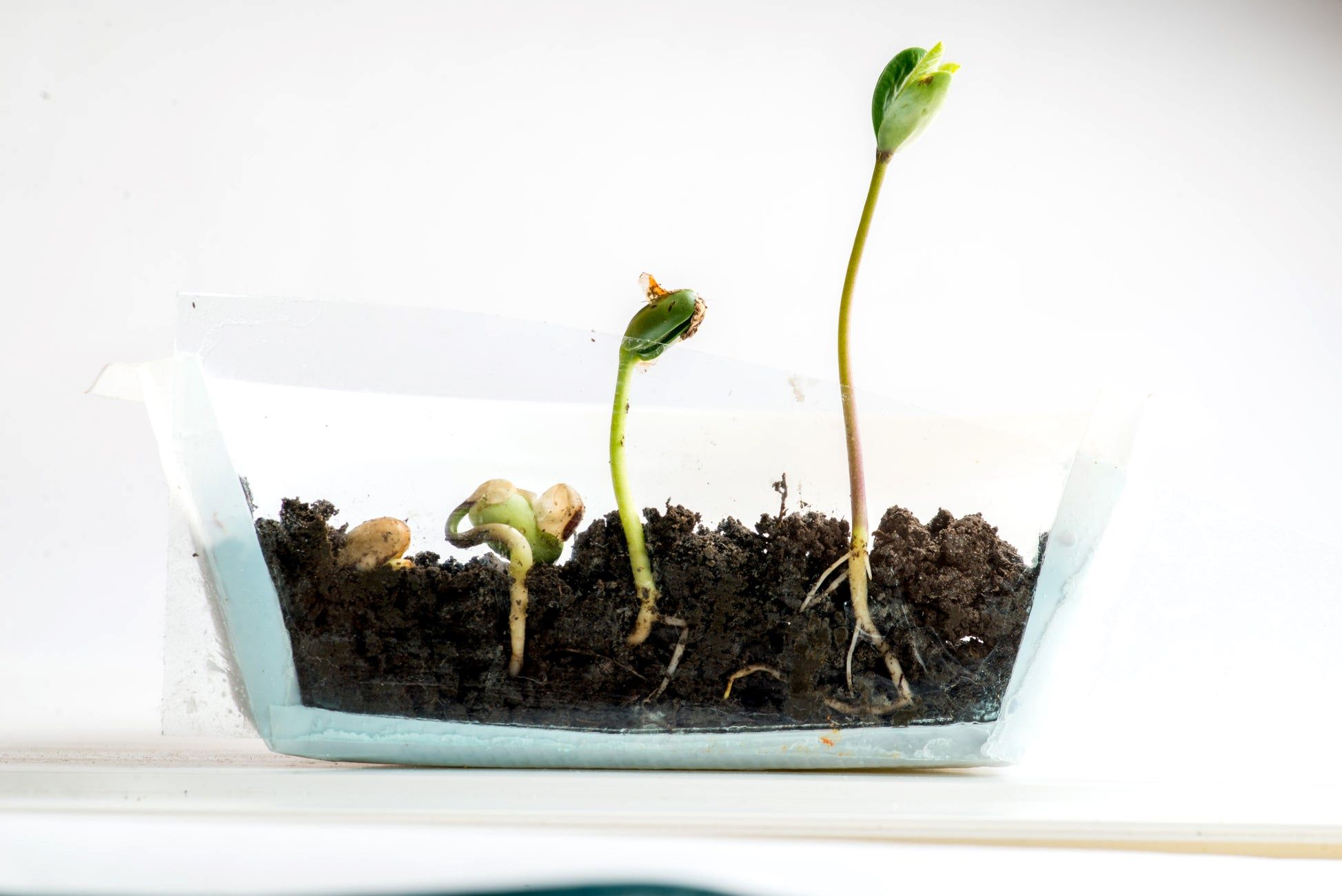

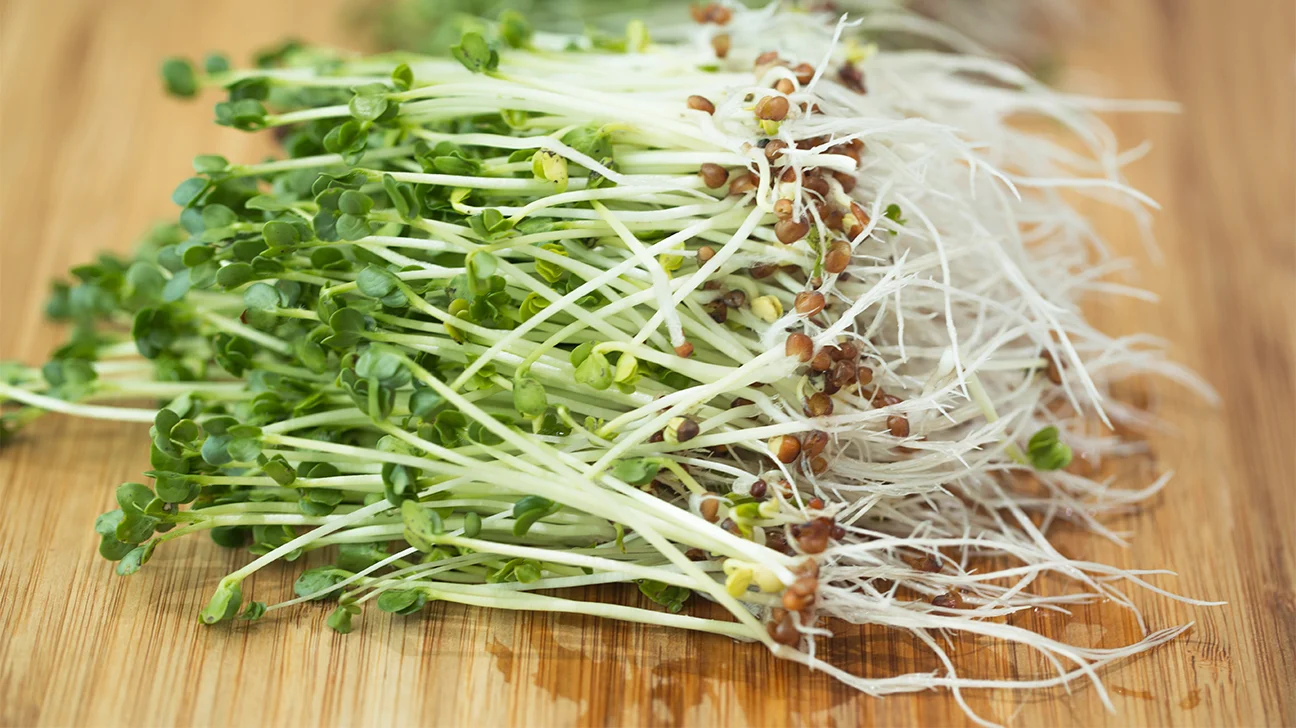
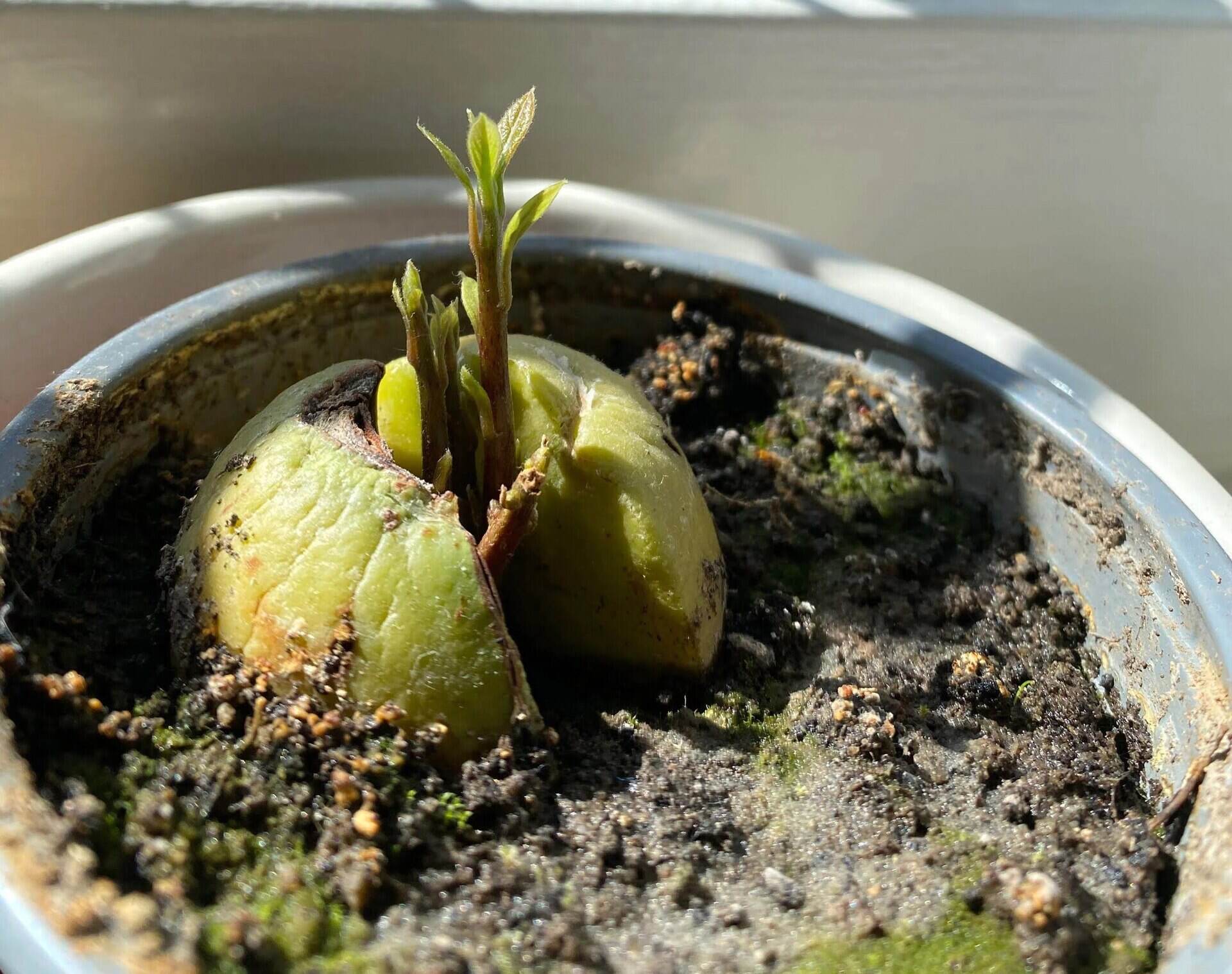
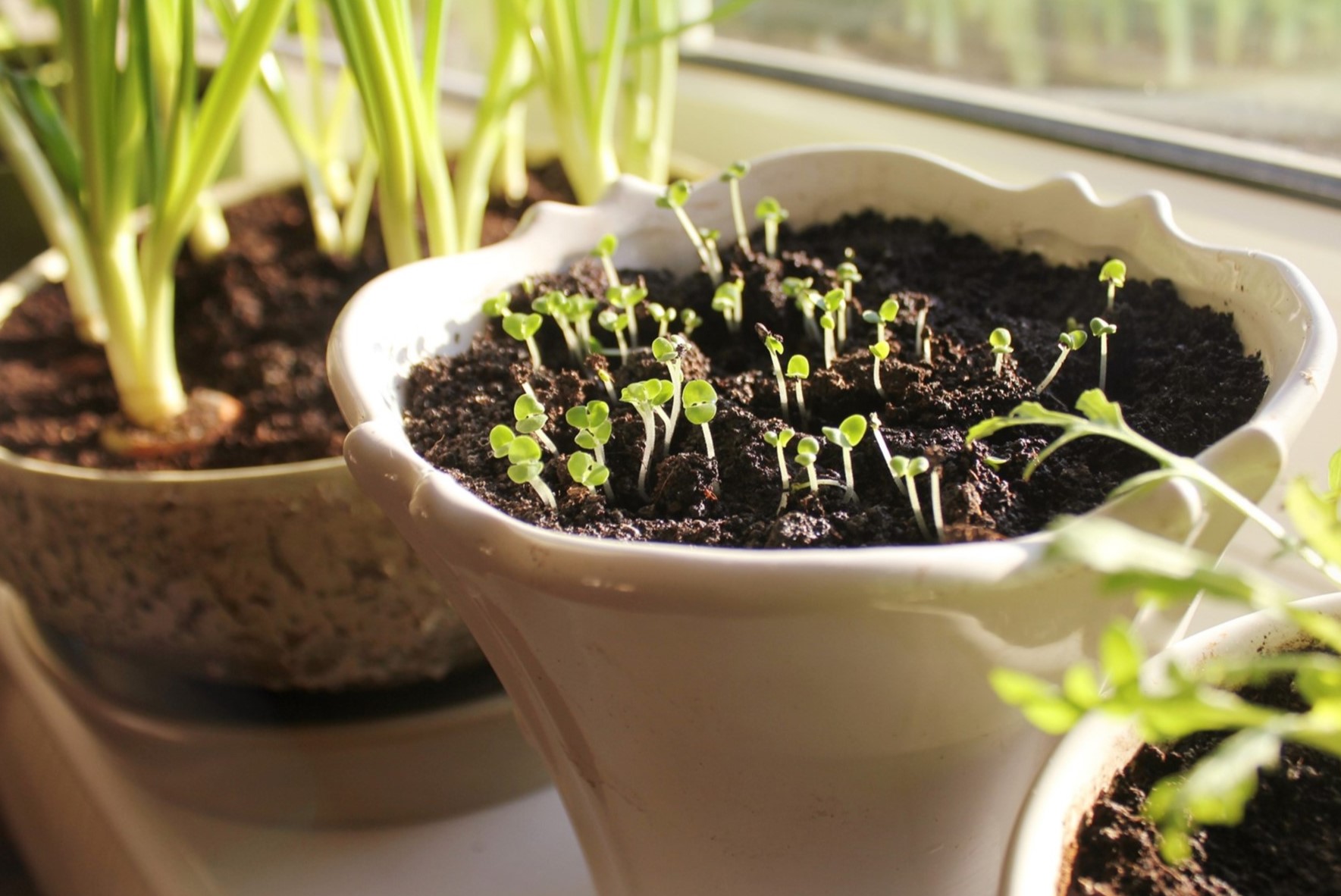
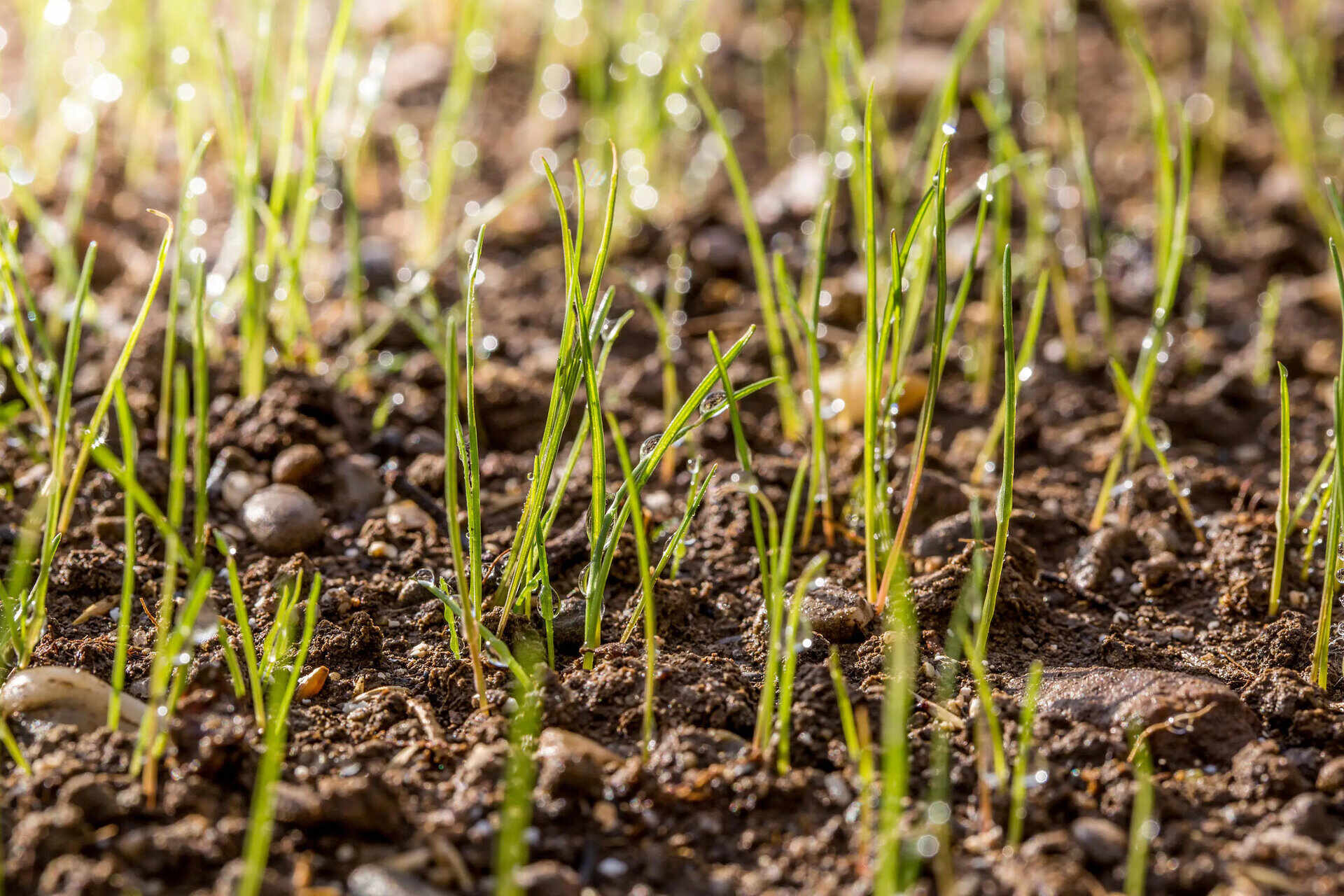

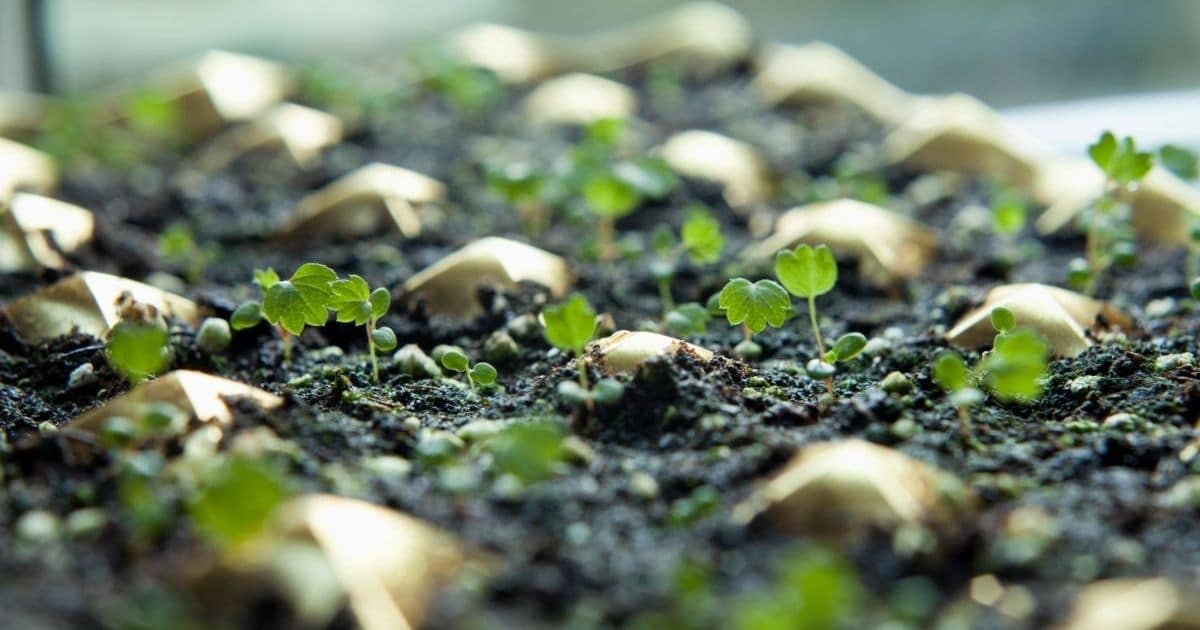
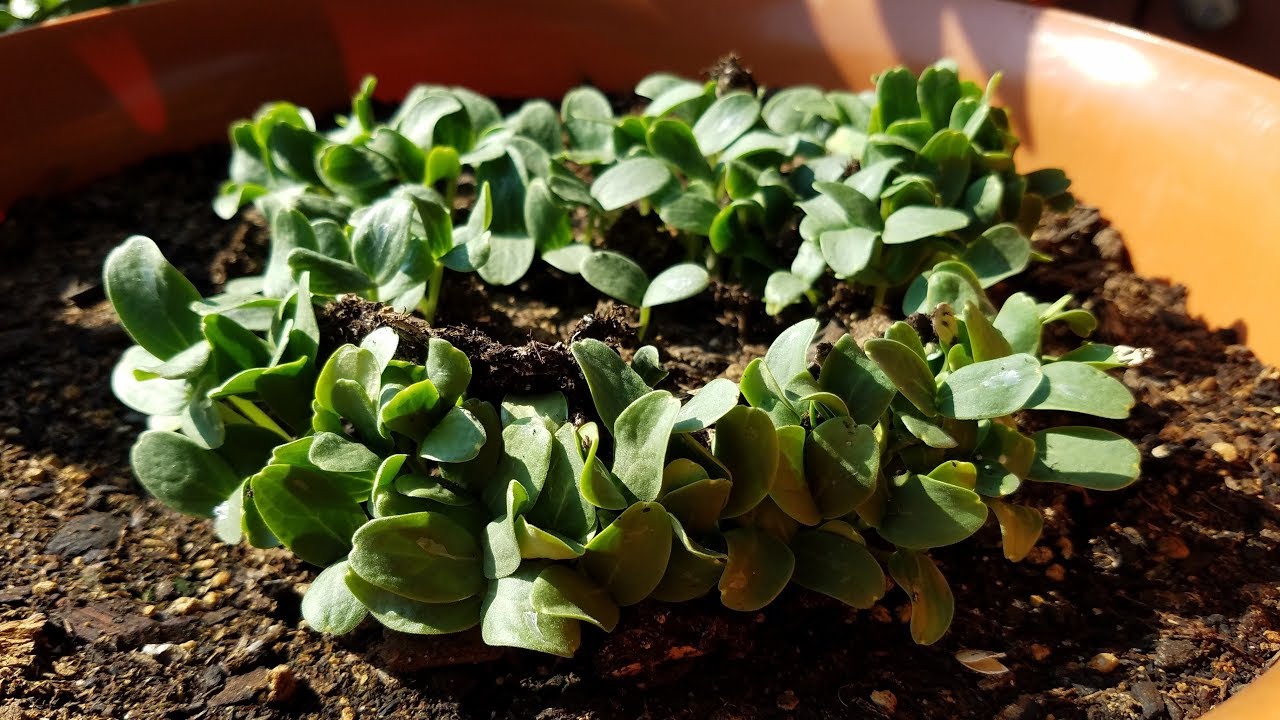
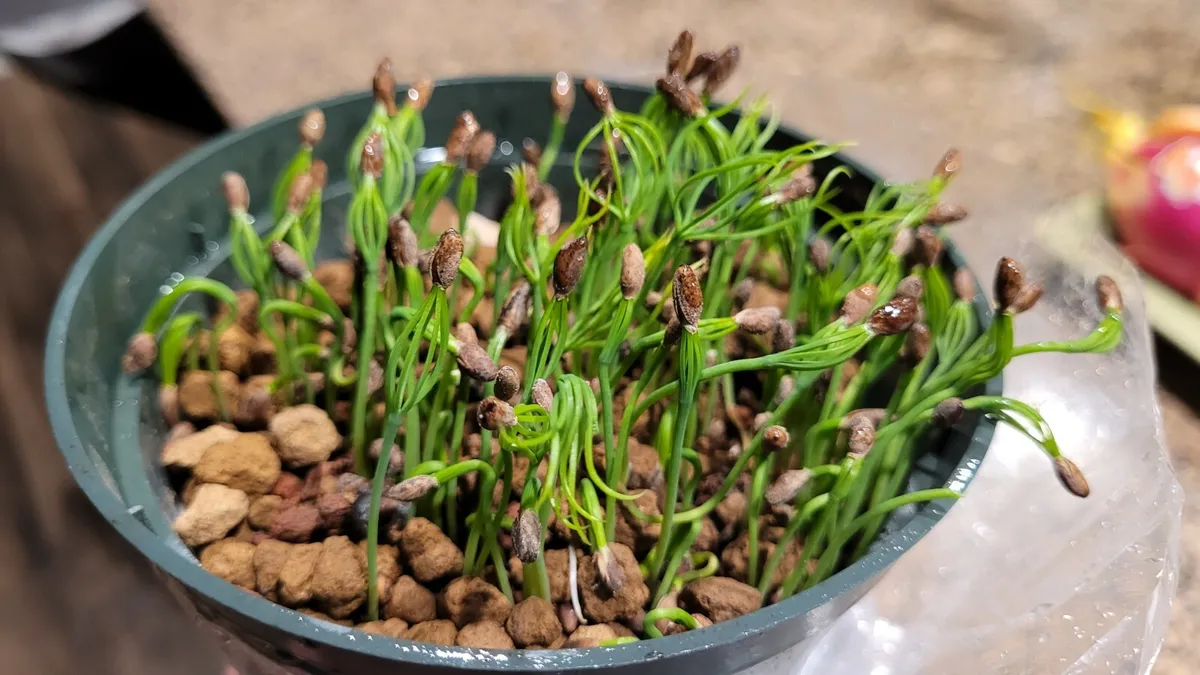
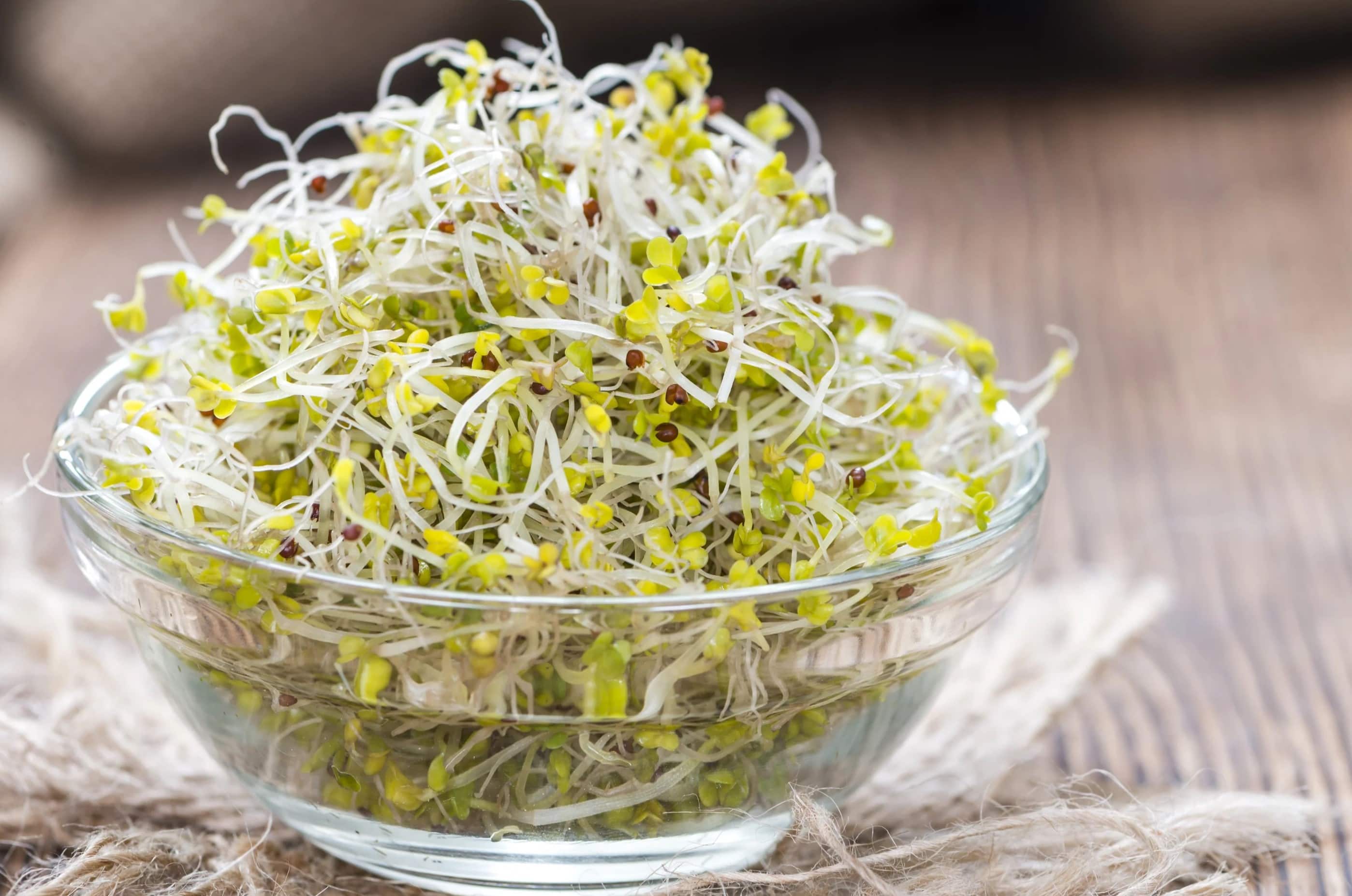

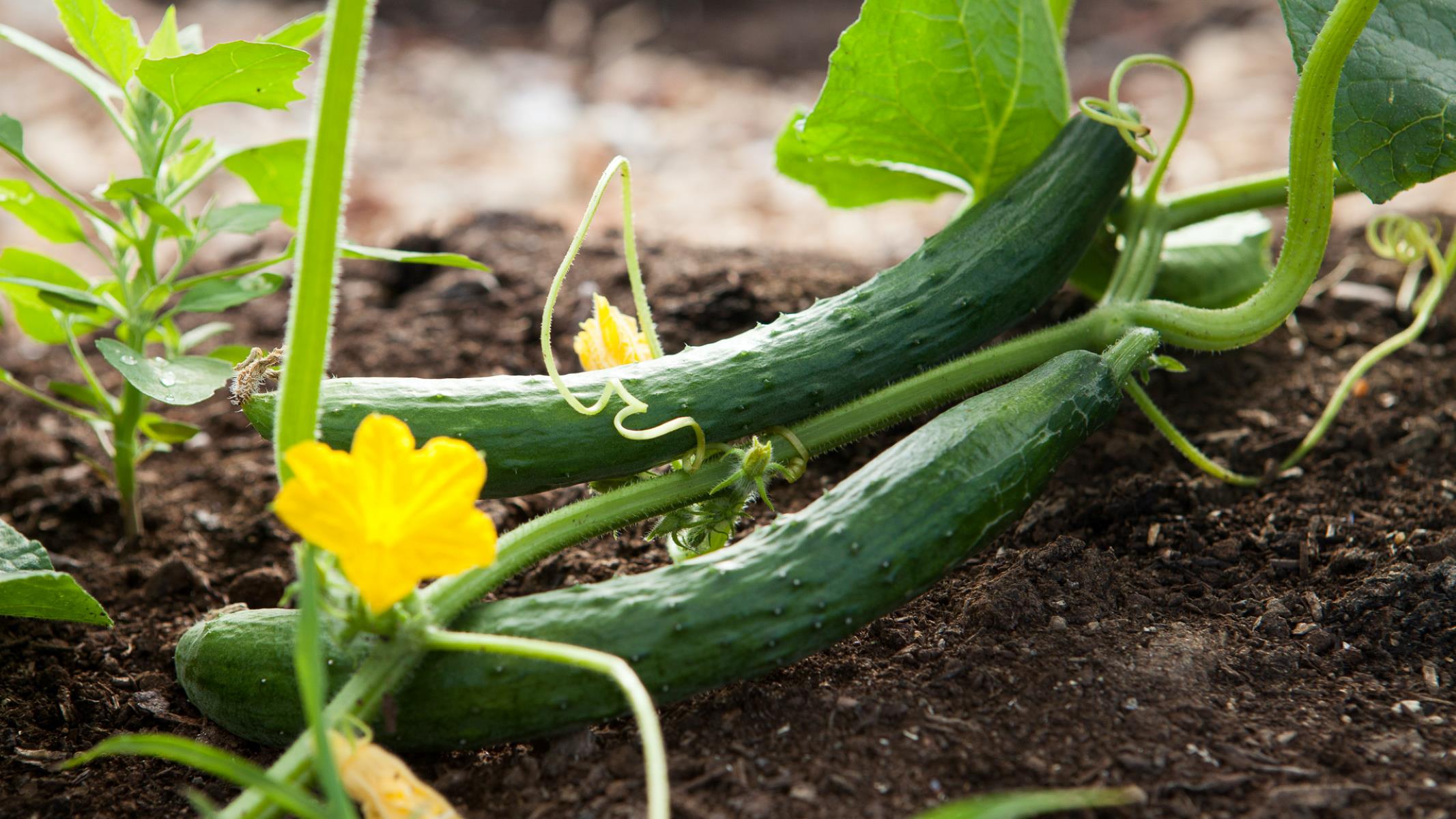

0 thoughts on “How Long Until Grass Seeds Sprout”